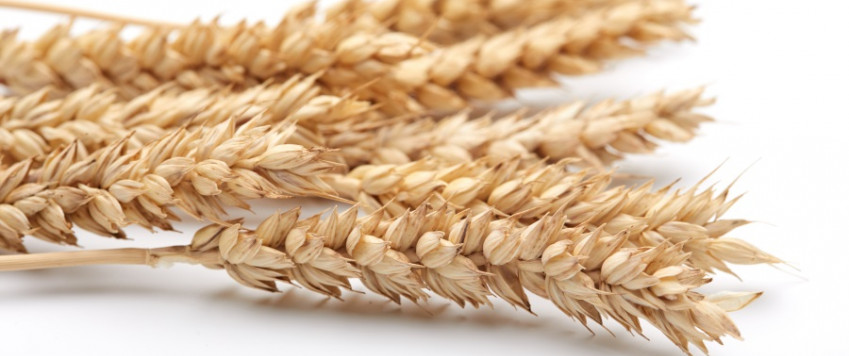Inflation going down, saved from a deeper plunge by energy and food prices

In September, the year-on-year growth of inflation largely reflected the rising food and energy prices as well as atypical seasonal developments observed for certain commodity and services groups.
The FAO Global Food Price Index increased by 4.3% year-on-year in September, with the steepest rise reported for the Dairy Price Index (26.7%). Although there is no clear-cut relationship with the index, an increase of such a magnitude and a regionally high demand for dairy products has had a significant effect on the annual growth of the prices of dairy products and food products in Latvia overall (up 14.9% and 6.1% respectively). The monthly price changes are also worthy of a special mention, as butter prices went down for the first time since March. The drop in the prices of vegetables and cereals, in turn, has been atypically steep: for example, the good grain harvest in Russia supported a decline in the cereal prices.
Looking at the seasonal changes, the increase in prices of footwear and clothing was smaller than the previous years' average. Other seasonal trends also showed a price drop in September: for example, the prices of international travel (flights, package deals) were cheaper. These developments could be explained by higher household propensity to save, as suggested by the latest consumer confidence survey of the European Commission.
September has also continued the rise in the oil prices observed throughout the third quarter, with the prices reaching the level of July 2015, at USD 59.02 per barrel. This rise was supported by the considerable narrowing of supply as a result of the policies pursued by OPEC and the aftermath of hurricane Harvey.
Although the US Gulf Coast oil refineries are recovering from the devastating effects of the hurricane and have resumed production, a certain degree of global uncertainty is associated with the OPEC's proposal, supported by emerging economies like Russia and Venezuela, to potentially extend the oil output curbs for as long as until the end of 2018. At the moment, there are too many open questions to make any definitive conclusions about the long-term path of the oil prices. Nevertheless, there are certain signals from OPEC that the market is approaching equilibrium. This gives reason to believe that no significant oil price hikes can be expected in the near term.
The development of the global oil prices is mirrored by the fuel prices: in September, the average price per litre of 95 octane petrol was EUR 1.136 and that of diesel was EUR 1.011, representing a 4.2% and 3.8% rise over August respectively.
Overall, the strongest upward pressure on annual inflation in September was exerted by the rising energy prices, whereas the fall of the prices on unprocessed food (cereals, vegetables, etc.) in September had a downward effect. The growth of core inflation can be viewed as stable and there is no reason for any comparisons with the demand-side-induced economic overheating observed in the pre-crisis years [1].
[1] Reference to September press conference of Latvijas Banka.
Textual error
«… …»


